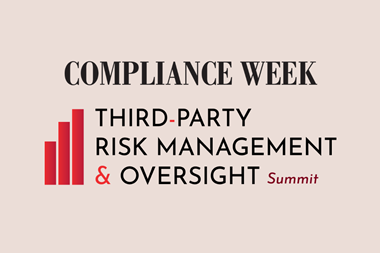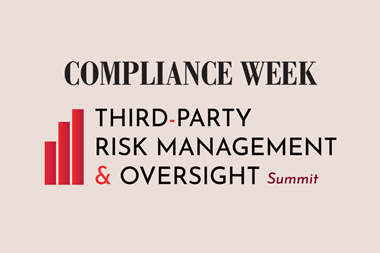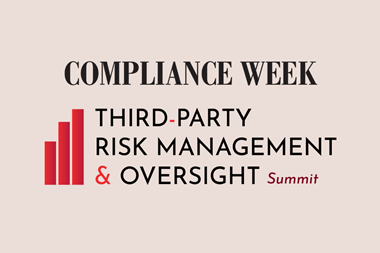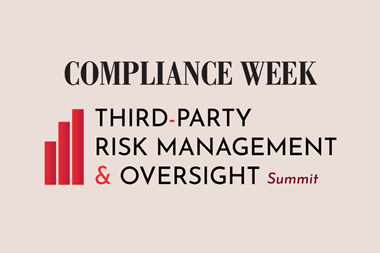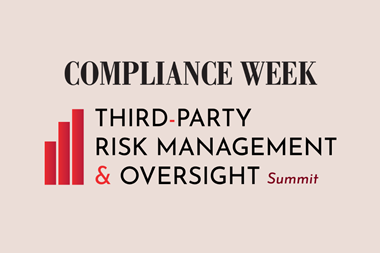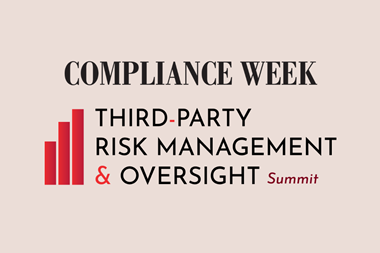- Home
-
News
- Back to parent navigation item
- News
- National Compliance Officer Day 2025
- Accounting & Auditing
- AI
- AML
- Anti-Bribery
- Best Practices
- Boards & Shareholders
- Cryptocurrency and Digital Assets
- Culture
- ESG/Social Responsibility
- Ethics & Culture
- Europe
- Financial Services
- Internal Controls
- Regulatory Enforcement
- Regulatory Policy
- Risk Management
- Sanctions
- Surveys & Benchmarking
- Supply Chain
- Third Party Risk
- Whistleblowers
- Opinion
- Benchmarking
- Certification
- Events
- Research
- Awards
-
CW Connect
- Back to parent navigation item
- CW Connect
- Sign In
- Apply
- Membership
- Contact
Claire McCusker Murray: Incentivizing corporate compliance at the DOJ
By  Jaclyn Jaeger2019-05-20T18:37:00
Jaclyn Jaeger2019-05-20T18:37:00

Justice Department Principal Deputy Associate Attorney General Claire McCusker Murray spoke at CW’s annual conference on how the agency’s Civil Division seeks to motivate compliance.
THIS IS MEMBERS-ONLY CONTENT
You are not logged in and do not have access to members-only content.
If you are already a registered user or a member, SIGN IN now.
Related articles
-
 Article
Article10 tips to meet government expectations of remediation programs
2020-03-11T20:39:00Z By Jonny Frank, Compliance Week Guest Columnist
A DOJ-appointed independent compliance monitor has some important advice for companies in trouble that may mean not just remediation credit, but more importantly reputation restoration and the avoidance of larger problems down the line.
-
 Article
ArticleDOJ antitrust official defends compliance credit initiative
2020-02-20T16:18:00Z By Kyle Brasseur
A high-ranking member of the Department of Justice’s Antitrust Division addresses a recent policy change that evaluates corporate compliance programs as a potential leniency factor in antitrust cases.
-
 Article
ArticleQuality compliance can now earn antitrust leniency
2019-07-12T17:22:00Z By Joe Mont
A Justice Department policy change–to evaluate corporate compliance programs as a potential leniency factor on antitrust cases–has come to fruition through announcements made this week.
Latest video
- Terms and Conditions
- Privacy Policy
- Do Not Sell My Info
- © 2025 Compliance Week
Site powered by Webvision Cloud







